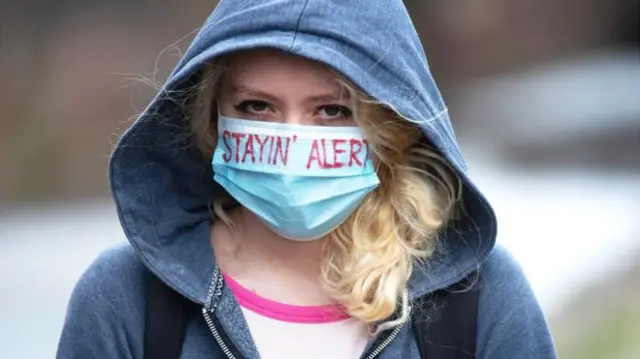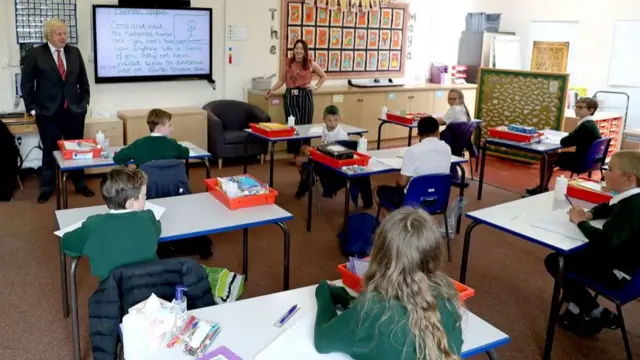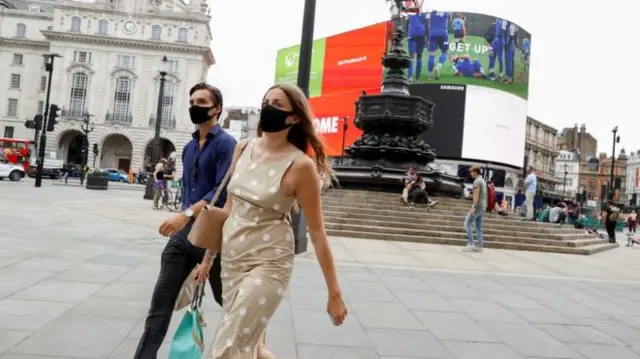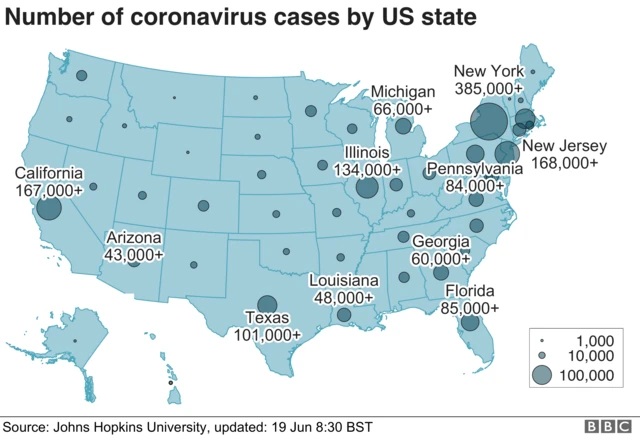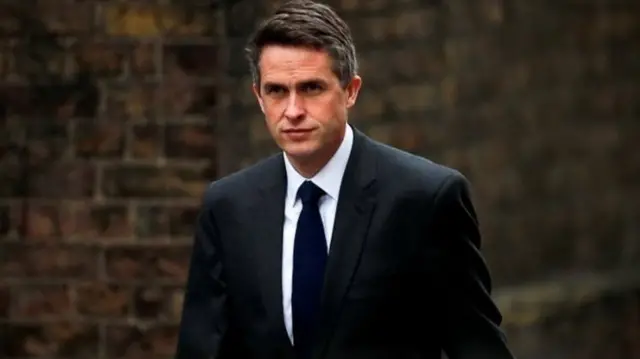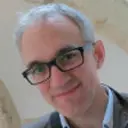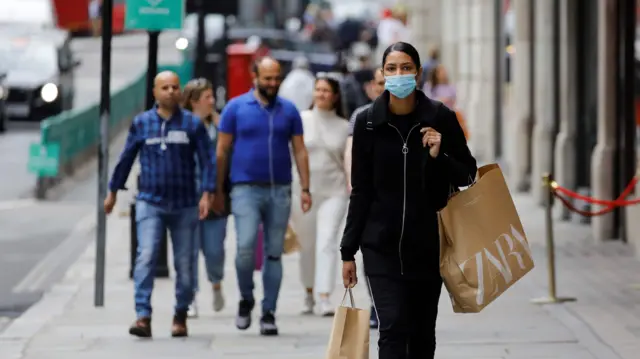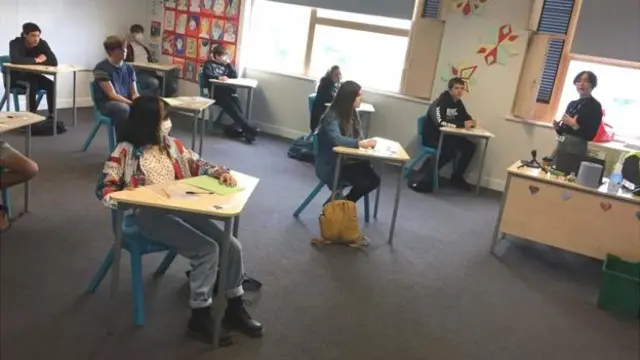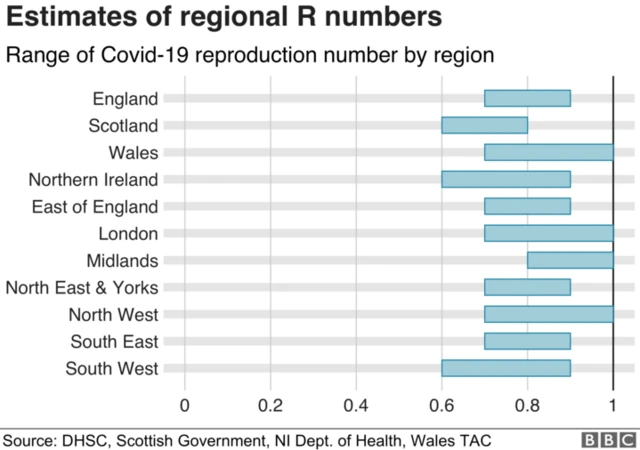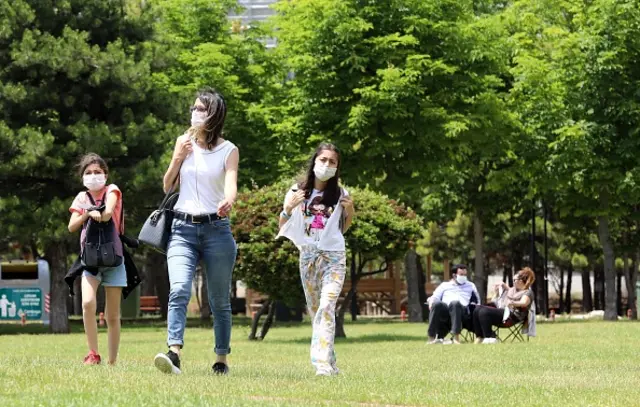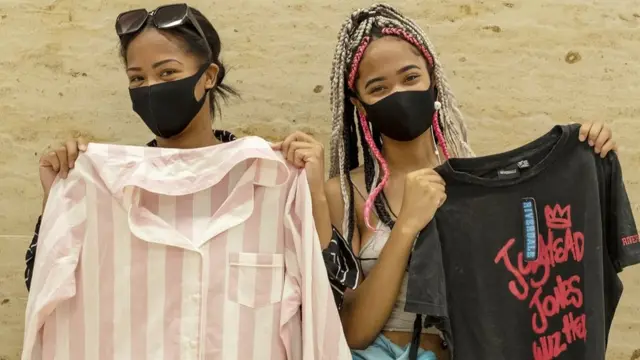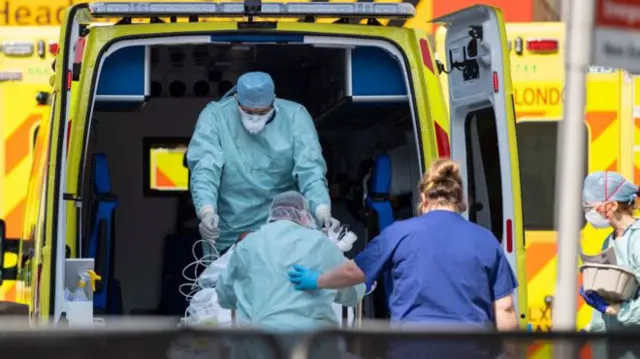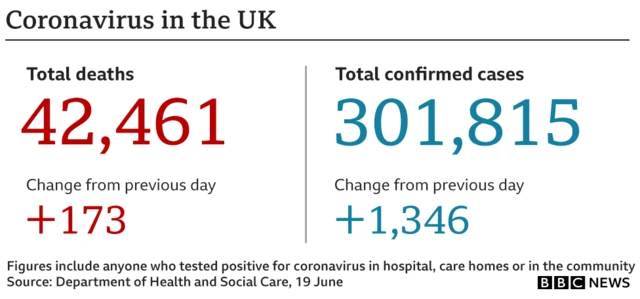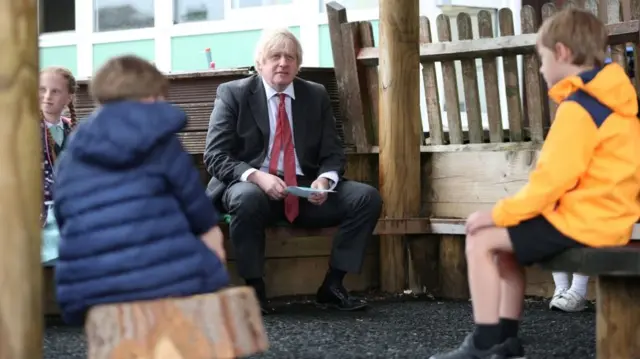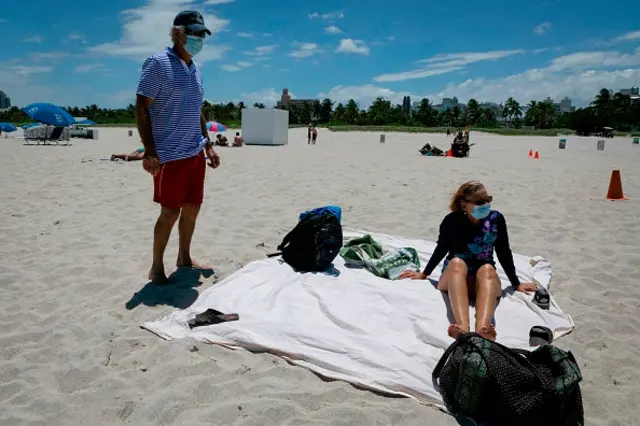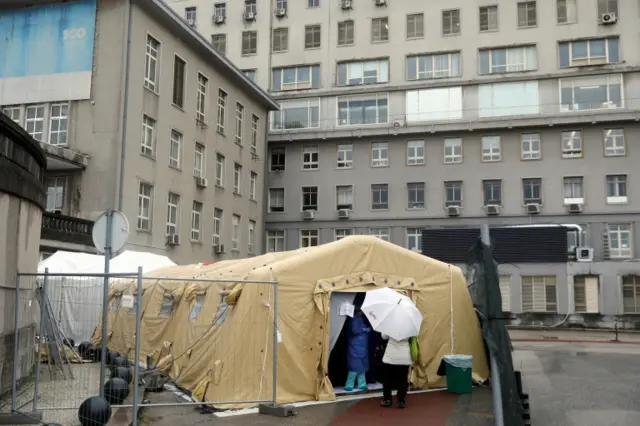Apple 'not told' about UK's latest app planspublished at 16:51 BST 19 June 2020
Zoe Kleinman
Technology reporter, BBC News

Apple says it did not know the UK was working on a "hybrid" version of the National Health Service coronavirus contact-tracing app using tech it developed with Google.
The firm took the unusual step of saying it was also unaware of an issue regarding distance-measuring, which was flagged by Health Secretary Matt Hancock in Thursday's daily briefing.
Apple said it was "difficult to understand" the claims.
Downing Street said the government had "worked closely with Apple and Google".
In tests carried out in the UK, there were occasions when software tools developed by Apple and Google could not differentiate between a phone in a user's pocket 1m (3.3ft) away and a phone in a user's hand 3m (9.8ft) away.
During the briefing, Mr Hancock said: "Measuring distance is clearly mission critical to any contact-tracing app."
However, speaking to the Times, Apple said: "It is difficult to understand what these claims are as they haven't spoken to us."
